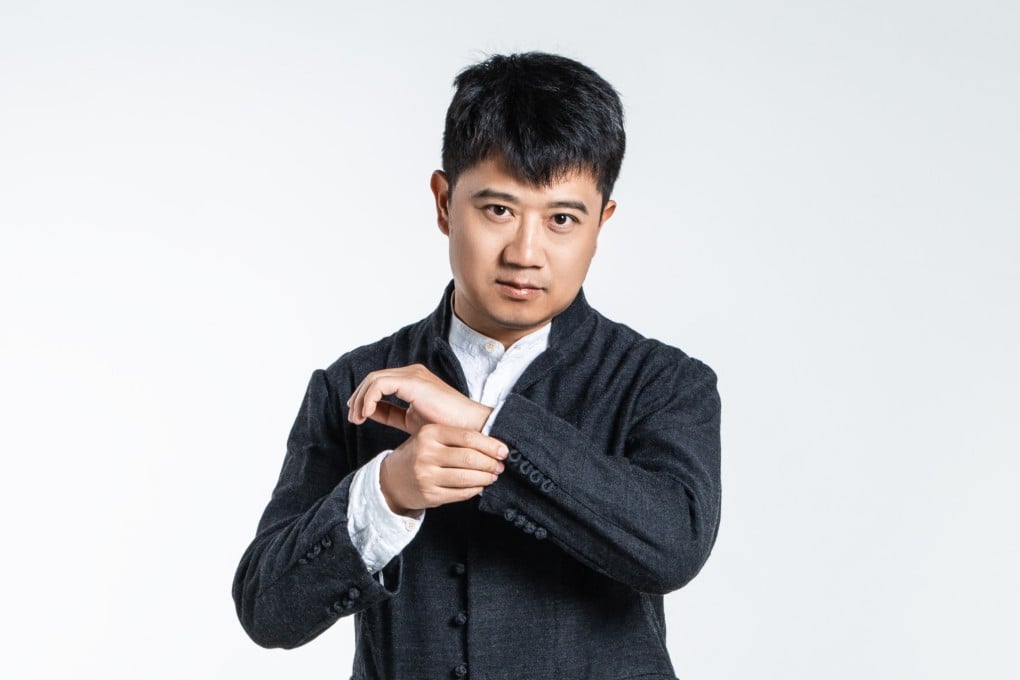Why Chinese author compared to Jin Yong and one of China’s hottest listens to people argue on the subway
- Ma Boyong came to prominence in 2012 with The Deception of Antiques before his 2016 book The Longest Day in Chang’an was turned into a major TV series
- He says everyday life is now one of his biggest inspirations and he likes to think about the stories behind, and repercussions of, what he sees all around him

The Beijing audience whooped at the end of the premiere of stage play Goodfellas in 15 Days in October when director Clifton Ko Chi-sum announced that Ma Boyong, the author of the novel from which the play was adapted, was in the audience.
The thunderous response to Ma, who jumped on stage at the Tianqiao Theatre to greet the audience, underscored the cult status he enjoys in China: his bestselling novels have been adapted into TV dramas and movies, and he has won some of the country’s top literary awards.
Brushing off the comparison as hyperbole, the soft-spoken Ma says that his works cannot hold a candle to those of Cha. But he adds: “I learned how to mix history and fiction from him.”

Born in Inner Mongolia, Ma graduated from the Shanghai International Studies University with a marketing degree. The 40-year-old first gained widespread popularity in 2012 with the release of The Deception of Antiques, which resulted in three sequels. The franchise’s huge success spawned three TV series, the most recent of which was broadcast this year. A movie based on the series, Schemes in Antiques, will be released in China on December 3.